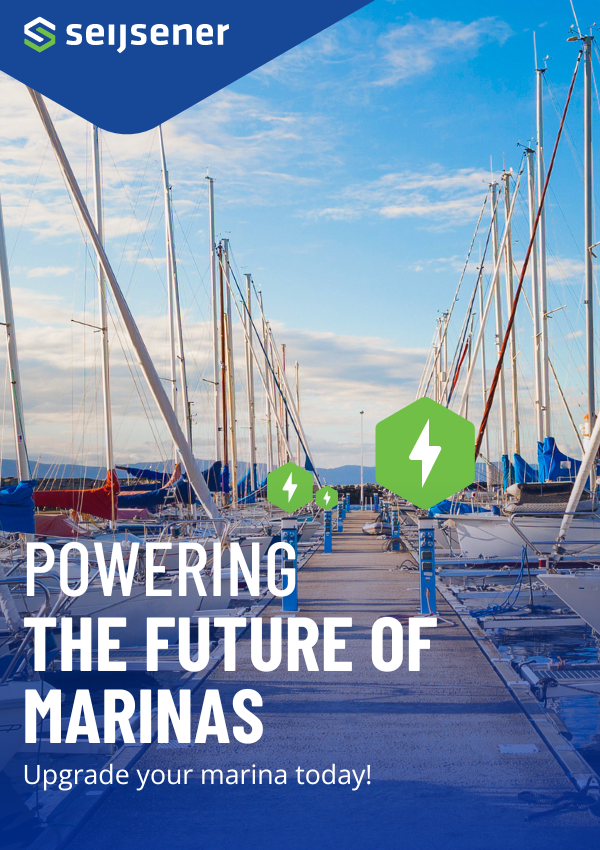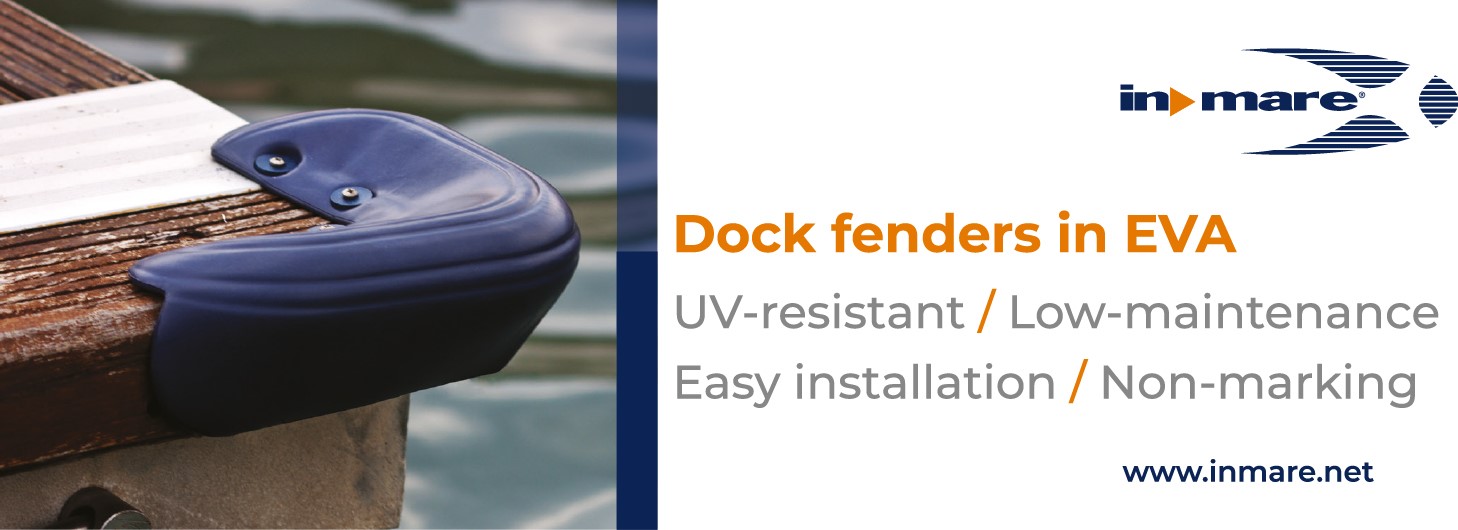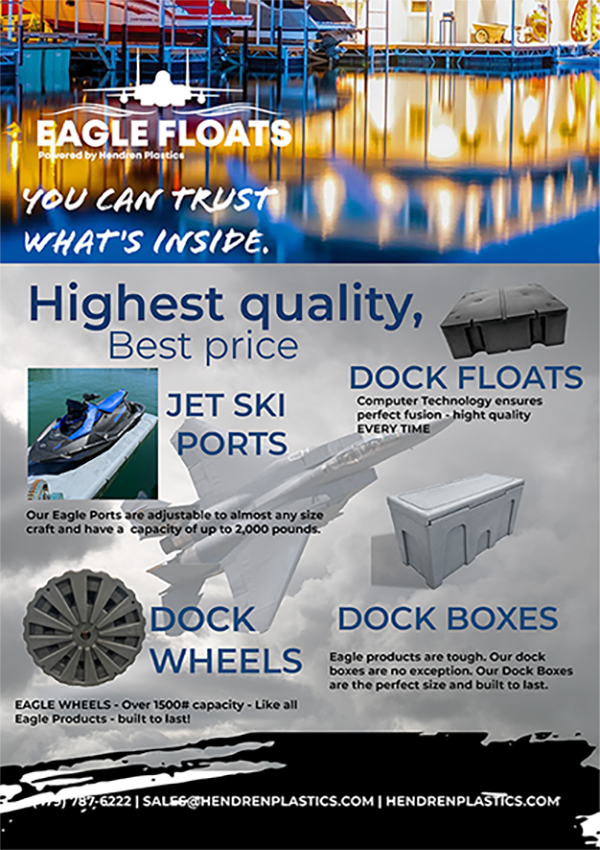The good, the fair and the dangerous
by Oscar Siches
Since this article was mooted, quite a lot of water has flowed under the bridge, the most significant development being the excellent planning study Darren Vaux of the Marina Industry Association of Australia undertook for the ICOMIA Marinas Group.
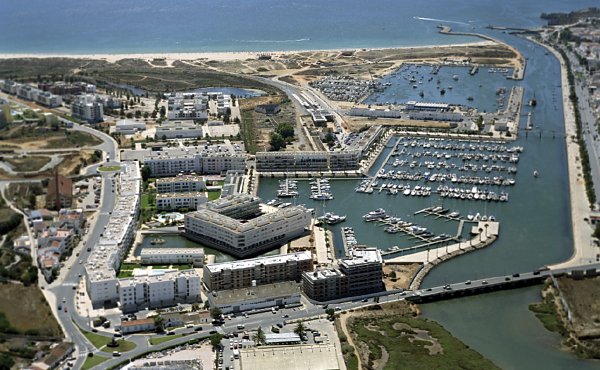
Requirements at Marina de Lagos in Portugal, for example, are very different to those at superyacht-based centres.
Let’s bring France to the table. Two different coastal areas: one facing the English Channel (La Manche) and the Cantabrian Sea; the other facing the Mediterranean. Each is an autonomous place not just in terms of geographic location, but for type of marinas and type of clients, both of which define the way they are run.
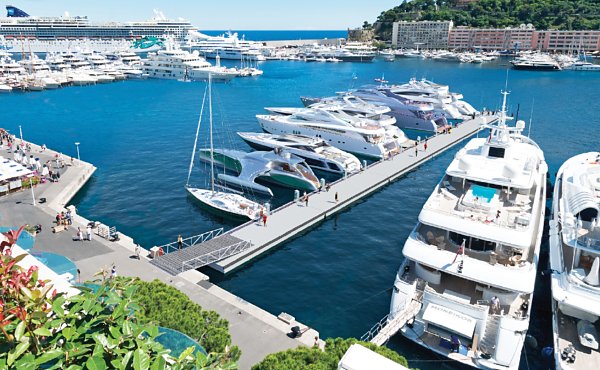
Superyacht-based centre at Port Hercules in Monaco.
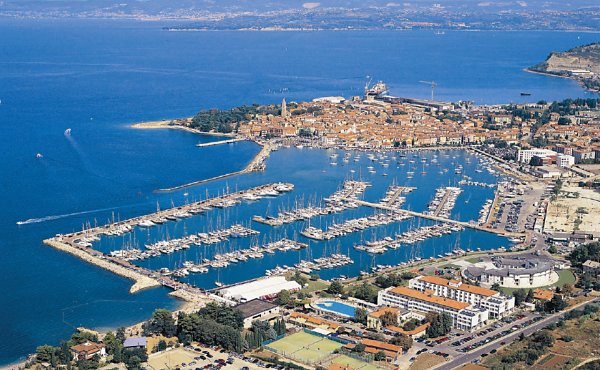
It makes sense for northern Europeans to fly to the Mediterranean for long weekends. Marinas such as Marina Izola in Slovenia are attractive destinations.
Let’s go to the Mediterranean. The occupancy of most marinas in the Mediterranean consists of a high proportion of foreign boats, mostly from northern Europe (the UK, Germany and Scandinavia). This has been the case since day one of the marina phenomenon (in the 1960s) and has strengthened even further with the arrival of low cost flights. For northern Europeans it makes sense to fly to the Mediterranean once a month for a three/four-day holiday. The mild southern weather makes it worth flying down even in non perfect weather conditions as it is easy to relax for a couple of days trying the local cuisines and enjoying the laid back culture. Only a few marinas do not permit public access and these tend to berth large yachts, where security has to be maintained to a high standard and insurance companies may even dictate policies regarding access.
Why am I telling you about data that is not inherent to government concessions and leases? Easy: it’s highly important to know what the user of a marina needs, how he/she uses a boat and spends money. If the government understands these factors, it will be better able to value the propositions of the private companies aiming to be part of the concession, and the information will be of use every time an improvement, investment or new idea is placed on the table. Or it will create the basis for bidding for a concession with terms that are down-to-earth and not sheer imagination.
The second best type of concession is a private government concession, with an initial investment by the bidder, and a lease consisting of a fixed amount plus a percentage of the marina turnover.
This is good because the lease fee reflects the real occupation/income of the marina. It is very easy to make a business plan when one knows the cost of the overheads and that the rest of the fee is going to be a proportional part of the turnover. The flexible part of the lease can be considered a cost of sales. This type of concession term is normal practice in Croatia.
The third and most dangerous type is investment plus fixed lease amount. This does not take account of bad seasons, bad weather or other external factors affecting the arrival of transients.
There is a further danger. All countries have official prices for the lease of government land. In the 1970s, concession lengths of 50 years were usual, and 100 years was sometimes even available. In the 1980s many governments realised that the value of the business leases grew much faster than the index of updating the lease price, so they started reducing the maximum concession time to 30/40 years to have the system under control and avoid imbalance of concession value/lease. Business was still possible, but the investment and overheads had to be taken more seriously. In the late 1990s the marina industry in the Med was overwhelmed by longer, larger yachts. Shipyards delivered many more boats a year and set up production lines for 24 to 27m (80 to 90ft) boats. Clients started to demand more services, and fashionable spots like Cannes, Antibes, Porto Cervo and Monaco had waiting lists. Homeport or transient berth prices soared and local government sank their greedy claws into the industry.
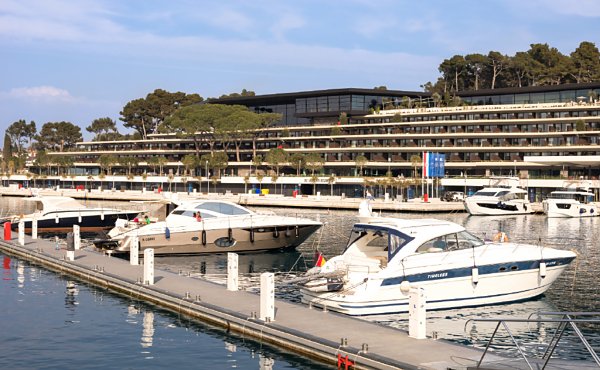
It is normal practice for marina operators in Croatia to secure a private government concession. This means the lease fee reflects the real occupation/income of the marina.
The most recent unpunished action has been the well-staged apparent open bid for the marinas in Antibes. There was a well-advertised international invitation to bid for 1,000 berth Port Vauban marina. Twelve companies bid and had to swallow hard when the winner was announced as the Antibes Chamber of Commerce in association with two local banks. They do not fulfil any of the conditions to run the concessions (experience, knowledge, technical team) but they had the greed and the last word. And this is happening in the first world.
If you feel a cold sweat breaking out while reading this, you can better understand why berth prices in the Mediterranean are so high. The Sheriff of Nottingham is the country administration, not the marina industry.
What can the marina industry do about it? A lot, but it is a long and tedious road to success. The only tool we do have is our knowledge and understanding of the marina industry. But in the same way as most government administrations have not made efforts to understand our ‘reality’, we have not made much effort to understand theirs. Marina businesses have mostly begged for better conditions and permits, and failed to offer something of interest to the government in exchange, like better harbour-city integration, training programmes for future local dockhands, school visits to teach children about yachting, or free lessons on inflatable steering or a knot workshop. If we were to make these community offers, the government could feel more receptive to listening to our ‘reality’ and trimming laws and regulations (including those ruling bids and concessions) into fair conditions for the industry.
This will happen sooner or later, but more later than sooner as most of the industry is still run in the old fashioned way, backing into a corner and resisting as much and as long as possible instead of trying to find an opening. It must be said that when governments lack information and are not interested in getting it, they do not offer ideal ground for efforts to transform non-existent collaboration into fruitful cooperation - although this makes for a better future for both sides . . . and also for the community.
Fifteen years ago, when I was setting up my company at the notary, he read the deed, looked at me and my wife, and said: each of you owns 50% of the company. You have no other way ahead than to understand each other, whatever happens.
I hope the marina industry and government administration arrive at the same conclusion - as soon as possible.
Oscar Siches runs Marina Matters, a consultancy based in Mallorca, Spain. E: oscar@siches.com

